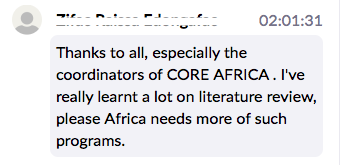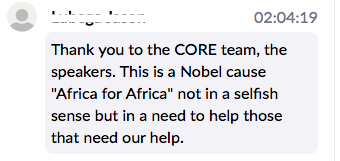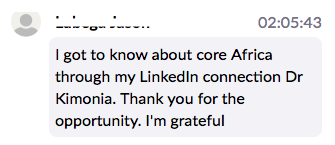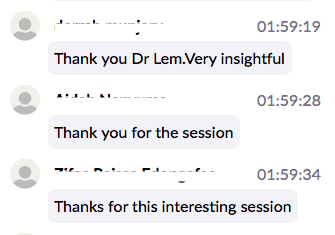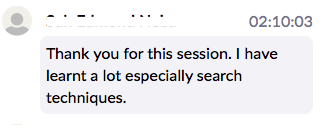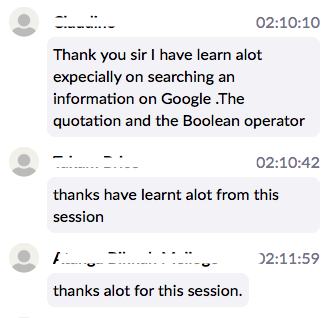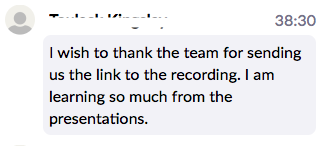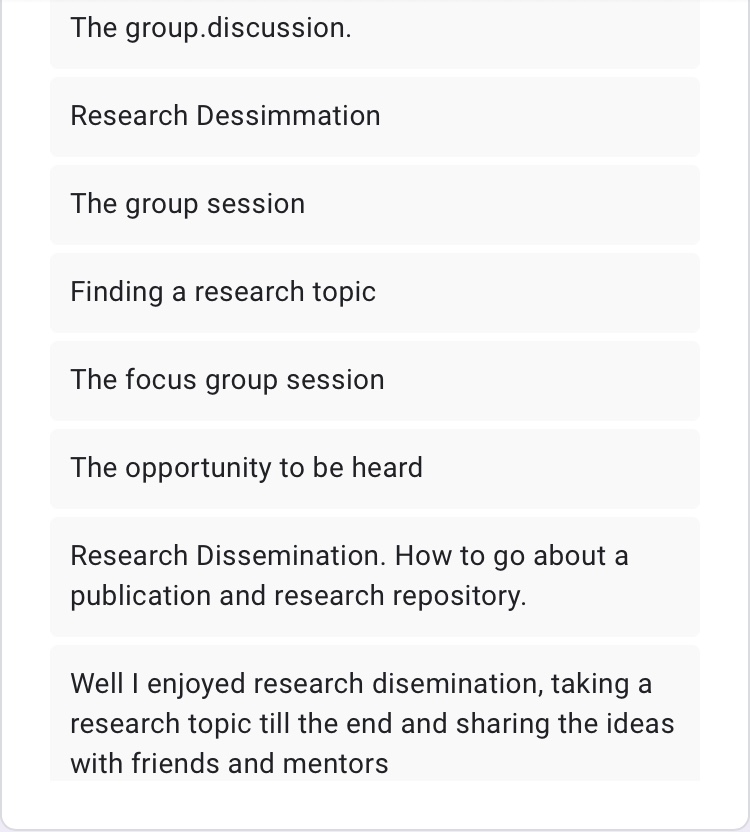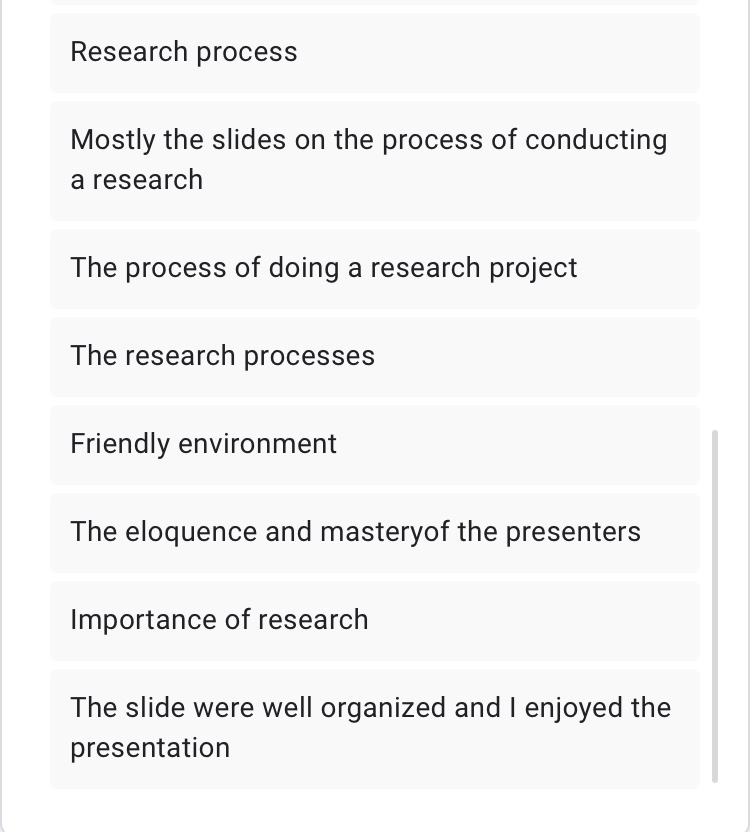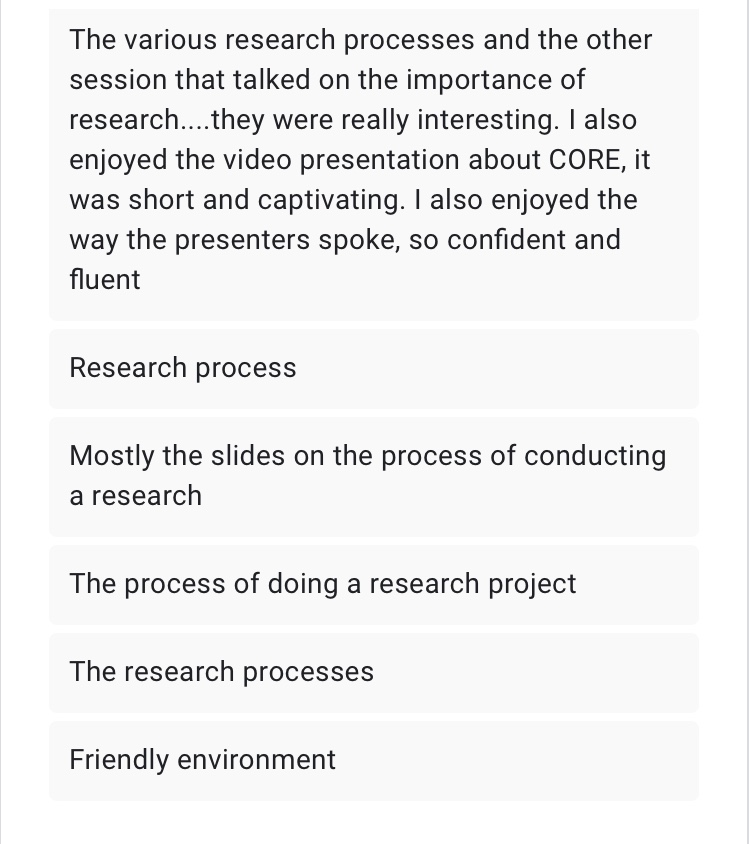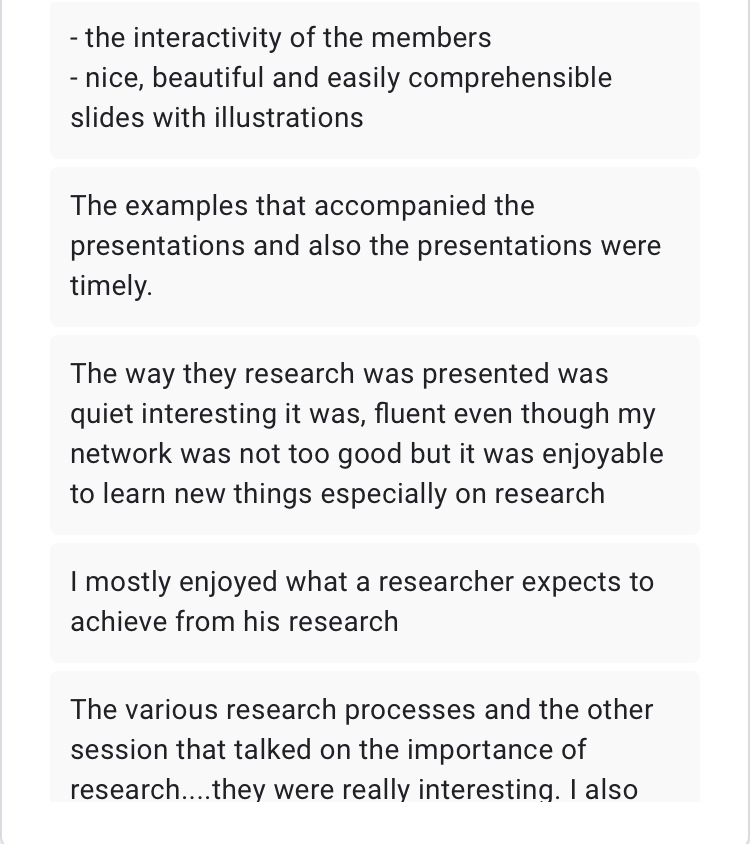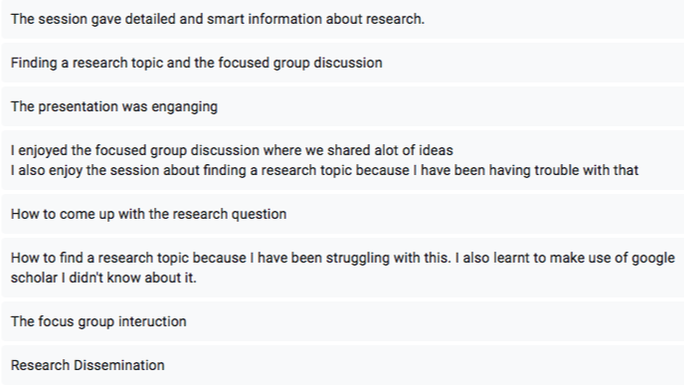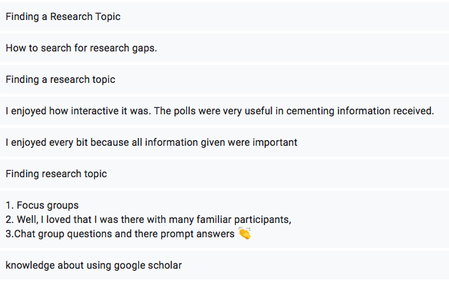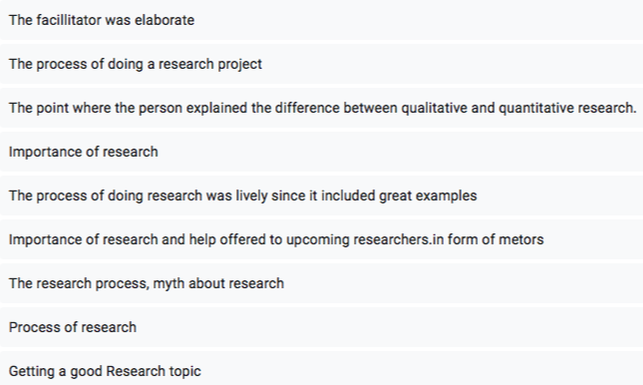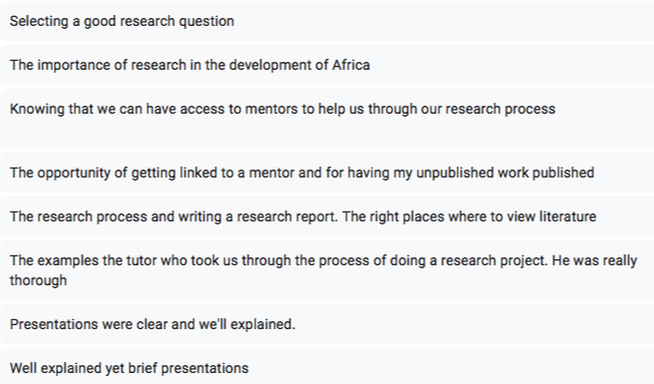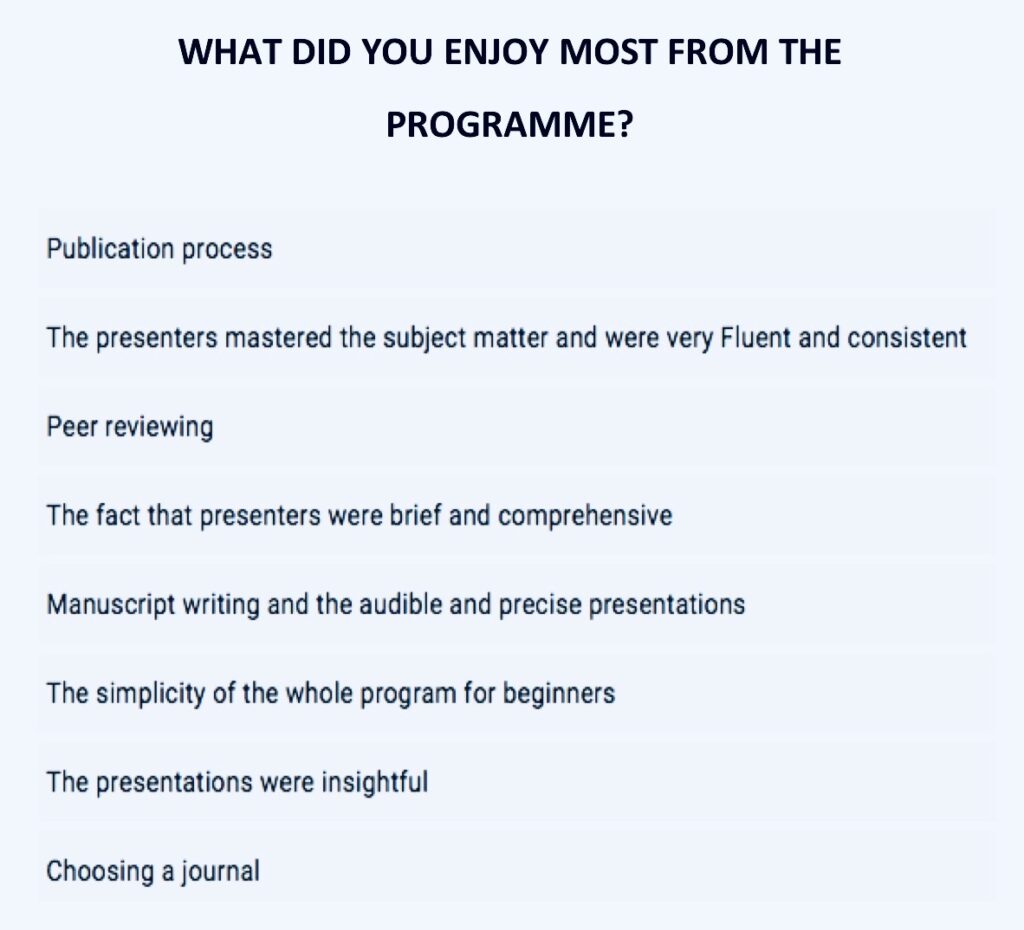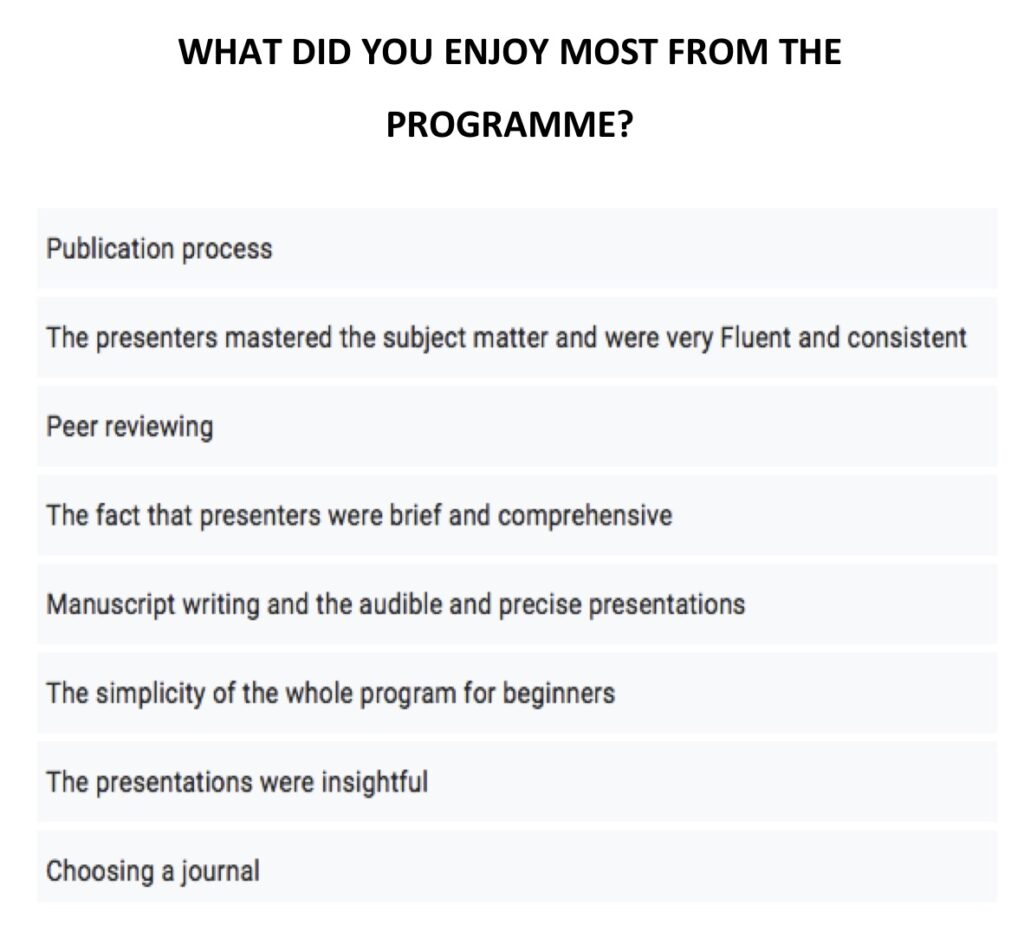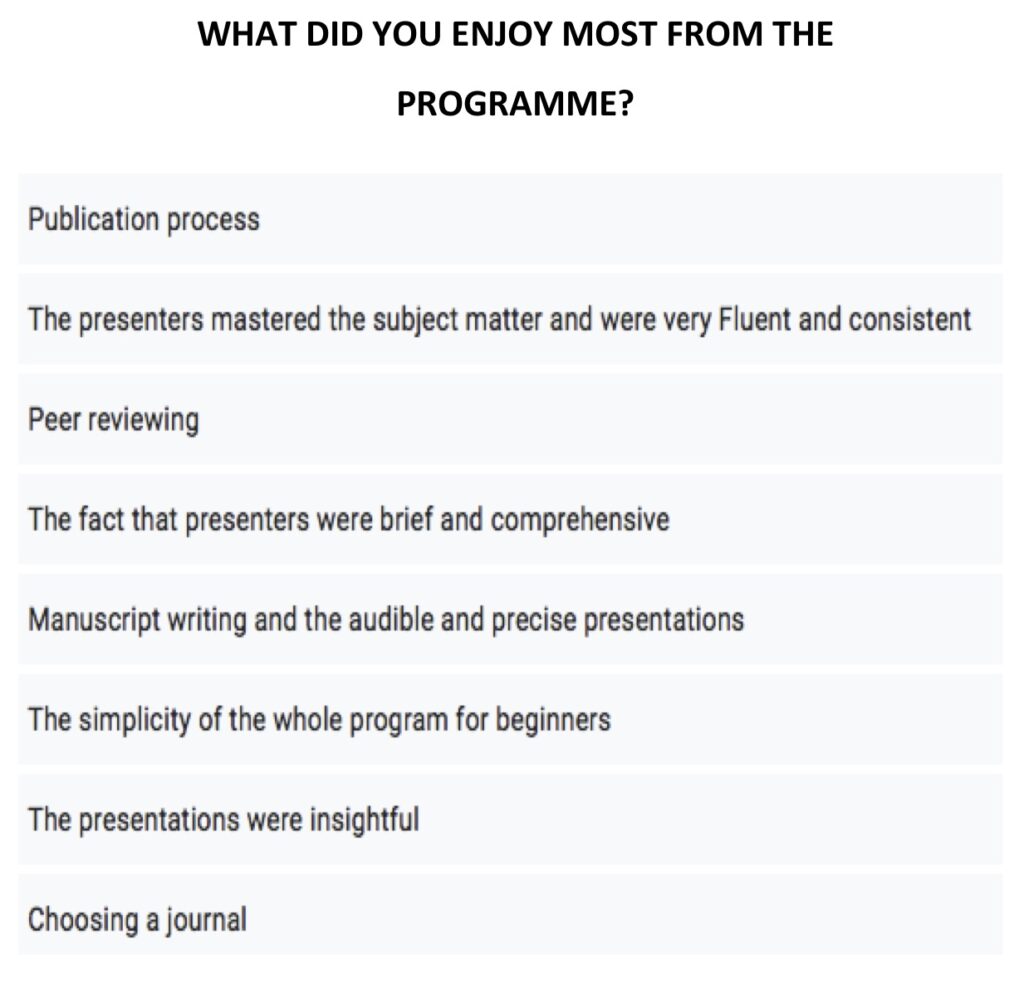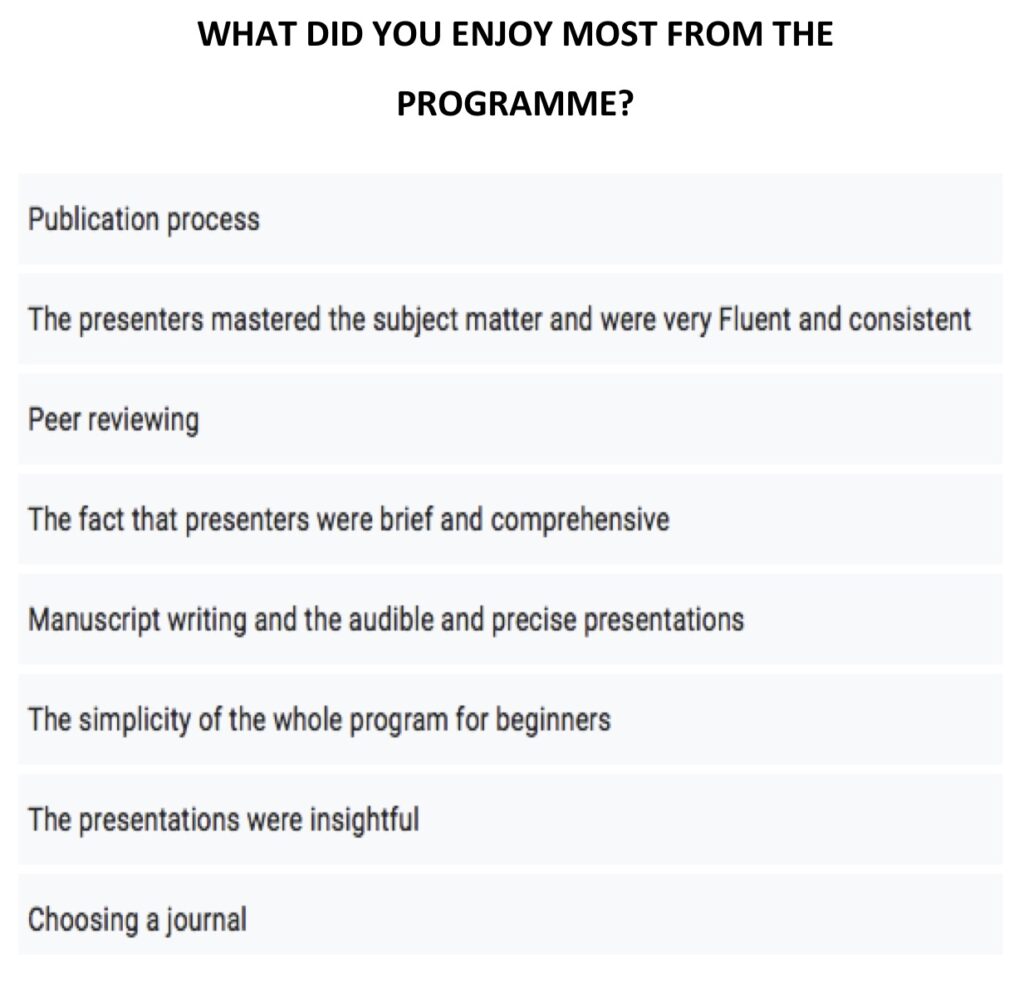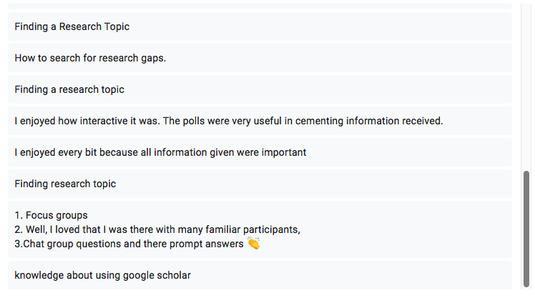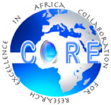RESEARCH MADE EASY: HARNESSING THE POWER OF ACADEMIC RESEARCH IN AFRICA
Literature Review Webinar, 8th & 9th May 2021
Topics
– The purpose of doing a literature review
– What to include in a literature review
– The literature search process
– Critiquing the literature
– How to structure a literature review
– Presenting and grouping findings in a literature review
– Writing tips and best practices

Literature Review Webinar Recording – Day 1 (Saturday 8th May 2021)
Additional comment from 0:51:50 on advanced searching
While limiting your searches to specific counties may be helpful, it is advisable to open up your search to a wider location (like the example in the video which showed the difference between using Africa or West Africa as a keyword instead of Cameroon) so that you do not miss out on potentially relevant studies. This is because some studies that are relevant to your search may not specify countries in their titles or keywords, so limiting by country may eliminate useful findings.
Enjoyed the video or have any comments, questions or requests?
Leave us feedback through the link below
Thank you for participating!
Literature Review Webinar Recording – Day 2 (Sunday 9th May 2021)
If you have any comments, questions or would like to make a webinar requests, leave us feedback through the link below. Thank you for participating!
Introduction to basic research concepts
The previous RME workshop covered 6 topics which were:
- The importance of research to students and society
- An overview of the research process
- Common misconceptions about research
- Challenges students face with academic research
- How these challenges can be addressed
- Resources available to students
About The RME
The need for more research and improved research quality in Africa is evident. While several African countries have become more cognisant of the importance of research to their development and societies, there are some important considerations that need to be made, and questions that need to be addressed.
Every year, academic institutions in Africa churn out thousands of graduates who have conducted a research project. How are these projects serving individual African communities and the continent at large? How are students who are prospective researchers being supported to become seasoned researchers, capable of identifying and working on real life problems in Africa? What foundation are they given academically? How are we preparing the learners of today to become the problem-solvers of tomorrow?
If students are not equipped with the necessary skills and support needed to conduct research, then the resulting output will most certainly be low, both in quantity and quality.
The ‘Research Made Easy’ (RME) project is an international project that aims to increase academic research outcomes and output in Africa by (i) enhancing students’ knowledge of basic research concepts and skills (ii) identifying challenges impacting academic research in Africa and (iii) developing practical solutions that address these challenges.
The programme comprises of an interactive webinar that provides a starter guide on academic research, and a platform where students can improve on their academic research knowledge and skills. Students also learn about the importance of research to themselves and to society, basic research concepts and how skills gained from research can enhance their academic and professional development. Students are also be given room to share their experiences relating to challenges they face with academic research, and are made aware of resources available to them through CORE Africa
Besides university students, the RME programme is also well-suited for young researchers or other research professionals who are interested in contributing to the discussion on how to improve research quality and output in Africa.
The second part of the RME project engages academic leaders, research organisations, policy makers and other concerned officials in discussing research challenges among students and young researchers, and trying to identify practical solutions to improve their research outcomes.
So far, the RME programme has involved students and other research professionals in Cameroon, Uganda and Nigeria. Project reports for Cameroon and Uganda can be accessed below.
Stakeholder consultations for both countries were concluded in March 2021 and reports are currently under development.
FEEDBACK ON RME PROGRAMME
PARTICIPANTS' COMMENTS ON WHAT THEY ENJOYED MOST ABOUT THE PROGRAMME
